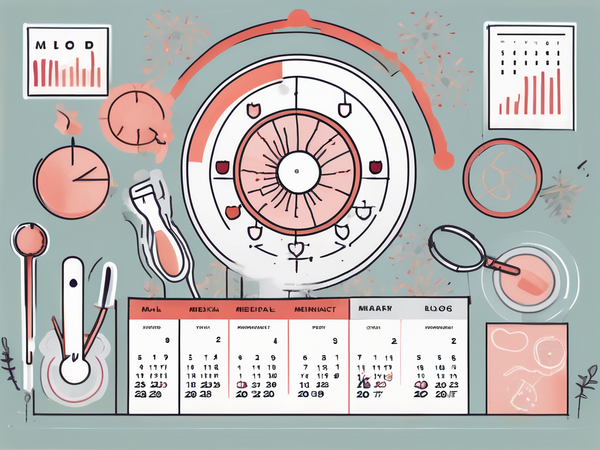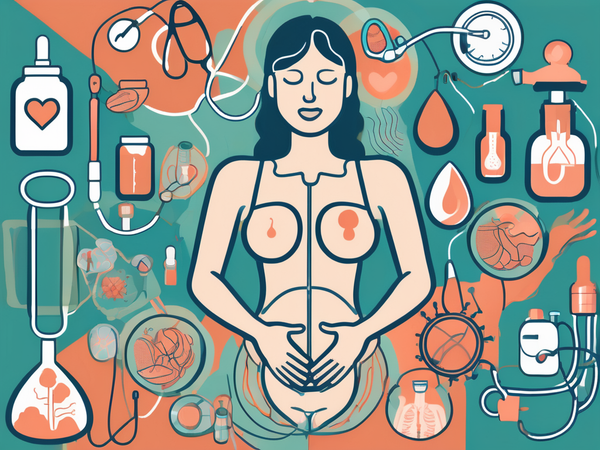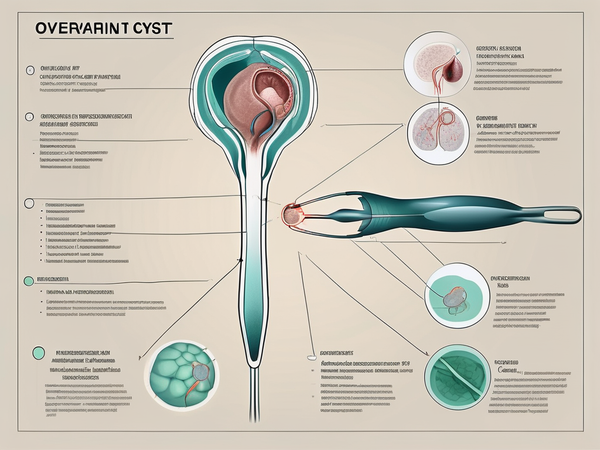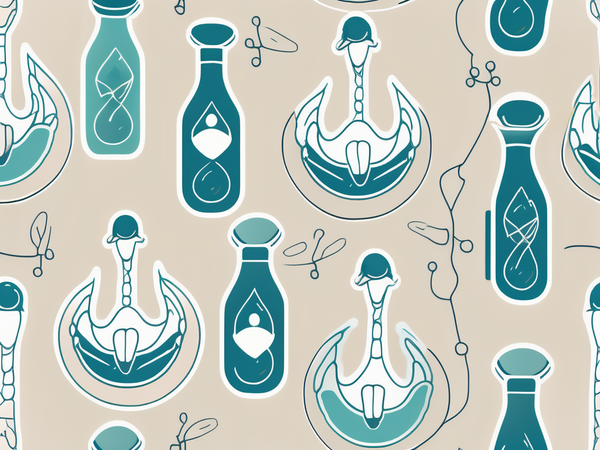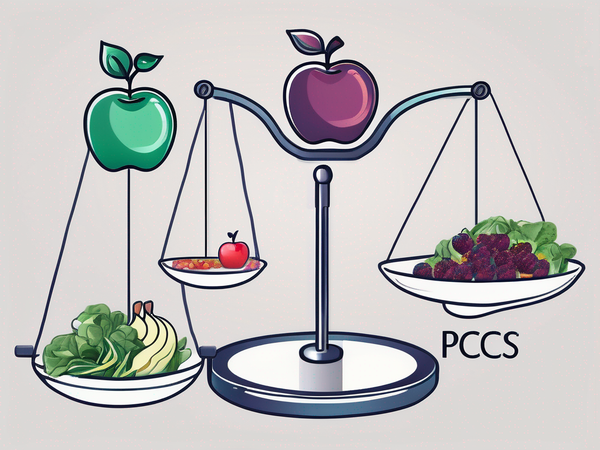A woman’s body undergoes several changes during pregnancy and after childbirth. And while the body does a fabulous job of getting a little human into this world, there is also a huge risk of nutritional deficiencies.
To bring the body back to its original state and to support the needs of the newborn, mothers need to consume a nutritious diet along with postnatal vitamins.
During breastfeeding, a mother needs to pay attention to the number of nutrients that enter her body. Not only does it support physical health, but nutrition for breastfeeding mothers also supports the production of breast milk, which has a vital role in the baby's growth and development.
This is why there has to be a special focus on the postnatal vitamin needs of new mothers to ensure they and their babies stay healthy at all times.
In this blog, we will specifically talk about how mothers can nourish their bodies by following a healthy diet while also adding the right supplements to improve vitamin levels in the body.
Why Do New Mothers Need Vitamins?
A new mother’s nutritional needs increase even more due to the depletion of nutrients during pregnancy, the loss of blood during childbirth, and breastfeeding.
Women lose several vitamins and minerals, like folate, vitamin D, iron, fatty acids, selenium, and calcium, during these stages. When it comes to lactating mothers, there is a loss of nutrients, first through colostrum (the very first milk produced by the body) and then through breast milk.
Lack of nutrients can also affect the growth of the baby, as the newborn relies on its mother for the essential nutrients crucial for its brain, nerves, and overall development. All of this increases the need for postnatal vitamins.
Essential Postnatal Vitamins for New Mothers
Vitamin D
Vitamin D plays a crucial role when it comes to ensuring the smooth functioning of several processes within the body, like regulating parathyroid hormone production, increasing intestinal absorption of calcium, mineralization of the skeleton, etc.
It also protects the mother and baby’s immune systems and is vital for their bones and teeth. Adequate consumption of vitamin D also helps the new mother deal with anxiety and postpartum depression.
During breastfeeding, 20% of the maternal Vitamin D is passed to the lactating baby. That is why breastfeeding mothers must ensure a high intake of Vitamin D to prevent this deficiency in themselves.
It is beneficial to consume a diet rich in Vitamin D by including foods like salmon, tuna fish, fortified orange juice, etc. Vitamin D supplements are also great for maintaining optimum levels of Vitamin D.
Vitamin A
Vitamin A is another essential vitamin that’s not only important for the mother’s health but also for the child’s growth and development. Vitamin A helps with postpartum tissue repair in new mothers, and it also contributes to the development of the baby’s immune system, eyes, heart, bones, and lungs.
The newborn is completely reliant on its mother for the necessary amount of vitamin A, which they obtain from breastmilk. Therefore, breastfeeding mothers must consume around 1200-1300 mcg of Vitamin A daily, to avoid any vitamin deficiencies.
When it comes to getting your postnatal vitamins through diet, foods like mango, milk, leafy greens, tomatoes, eggs, etc., are high in Vitamin A.
Vitamin C
Vitamin C is present in breast milk and is a key milk antioxidant that ensures a steady milk flow. It is a water-soluble vitamin commonly found in fruits and vegetables and has several protective functions in the body, like protecting cells, speeding up wound healing, aiding in iron absorption, preventing infections, and even reducing the risk of cancer.
This vitamin is passed from the mother to the baby during breastfeeding and aids in the development of the newborn's immune system as well as bones and muscles.
Breastfeeding mothers who consume a healthy, balanced diet rich in vitamin C have noticed an increase in their breast milk supply.
Vitamin B Complex
When it comes to vitamins for postnatal, B vitamins play a huge role in the growth and development of the baby during the breastfeeding stage. The best way new mothers can ensure they get their dose of these vitamins is through food and postnatal vitamin supplementation.
There are 8 B vitamins, all necessary for lactating mothers. B vitamins help convert food into energy, improve mood, produce red blood cells and reduce cholesterol. Some of these postnatal vitamins have several benefits for lactating mothers, including: -
- Vitamin B12: B12 (cobalamin) is one of the crucial prenatal and postnatal vitamins, as it plays a vital role in the health and growth of both the mother and the newborn. It is essential for producing energy and ensuring the proper functioning of the nervous system.
When it comes to food sources, this vitamin is mostly found in animal sources, which is why vegans prefer B12 supplements as it’s derived from corn biofermentation.
- Vitamin B6: Pyridoxine, also known as Vitamin B6, is essential for brain development and function. Pyridoxine also binds to many enzymes in the body, which is important for energy metabolism. It is also suggested, in some cases, for relieving nipple vasospasm. This is common in lactating mothers and happens when the blood vessels involved in supplying the milk go into spasm. This reduces the milk flow. If this issue seems all too familiar to you, try increasing your vitamin B6 levels by including foods like chickpeas, fortified cereals, tuna, vegetables, and fruits like leafy greens, papaya, oranges, etc., in your daily diet.
- Vitamin B9 – B9 or Folate is highly recommended for nursing mothers, as it can prevent birth defects and nourish the child through breast milk. Vitamin B9 from breast milk also contributes to the normal growth of the baby’s brain and spine. For mothers, it is crucial for brain function and plays a significant role in mental health too. Foods like peanuts, beans, fresh fruits, and juices are rich in Vitamin B9.
While most of these vitamins are available in a variety of foods, it’s not enough to bridge the nutritional gap. Lactating mothers need all the nutrients they can get in order to ensure both mother and baby are healthy.
This is where postnatal vitamin supplements come to the rescue. Many postnatal vitamins are enriched with all the above nutrients and more along with a time-release technology to deliver nutrients through the body for 8 hours.
Wrapping Up
A woman’s body changes completely after giving birth, and so do the nutrient requirements.
Pregnant women and new mothers must make the required changes in their diet and consume the right supplements to ensure that they and their infants are getting enough nutrients for healthy growth.
However, consult your doctor before adding a supplement to your diet to prevent any side effects.
References
- Oliveira JM, Allert R, East CE. Vitamin A supplementation for postpartum women. Cochrane Database Syst Rev. 2016 Mar 25;3(3):CD005944. doi: 10.1002/14651858.CD005944.pub3. PMID: 27012320; PMCID: PMC8407451. https://www.ncbi.nlm.nih.gov/pmc/articles/PMC8407451/
- Le Prell CG, Hughes LF, Miller JM. Free radical scavengers vitamins A, C, and E plus magnesium reduce noise trauma. Free Radic Biol Med. 2007 May 1;42(9):1454-63. doi: 10.1016/j.freeradbiomed.2007.02.008. Epub 2007 Feb 20. PMID: 17395018; PMCID: PMC1950331. https://www.ncbi.nlm.nih.gov/pmc/articles/PMC1950331/
- Calderón-Ospina CA, Nava-Mesa MO. B Vitamins in the nervous system: Current knowledge of the biochemical modes of action and synergies of thiamine, pyridoxine, and cobalamin. CNS Neurosci Ther. 2020 Jan;26(1):5-13. doi: 10.1111/cns.13207. Epub 2019 Sep 6. PMID: 31490017; PMCID: PMC6930825. https://www.ncbi.nlm.nih.gov/pmc/articles/PMC6930825/
- Greentree LB. Dangers of vitamin B6 in nursing mothers. N Engl J Med. 1979 Jan 18;300(3):141-2. doi: 10.1056/nejm197901183000314. PMID: 569255. https://pubmed.ncbi.nlm.nih.gov/569255/
- Mother To Baby | Fact Sheets [Internet]. Brentwood (TN): Organization of Teratology Information Specialists (OTIS); 1994-. Folic Acid | Folate. 2022 Jan. Available from: https://www.ncbi.nlm.nih.gov/books/NBK582717/
- Drugs and Lactation Database (LactMed) [Internet]. Bethesda (MD): National Institute of Child Health and Human Development; 2006-. Vitamin C. [Updated 2021 Oct 18]. Available from: https://www.ncbi.nlm.nih.gov/books/NBK544628/
- Drugs and Lactation Database (LactMed) [Internet]. Bethesda (MD): National Institute of Child Health and Human Development; 2006-. Vitamin C. [Updated 2021 Oct 18]. Available from: https://www.ncbi.nlm.nih.gov/books/NBK544628/















